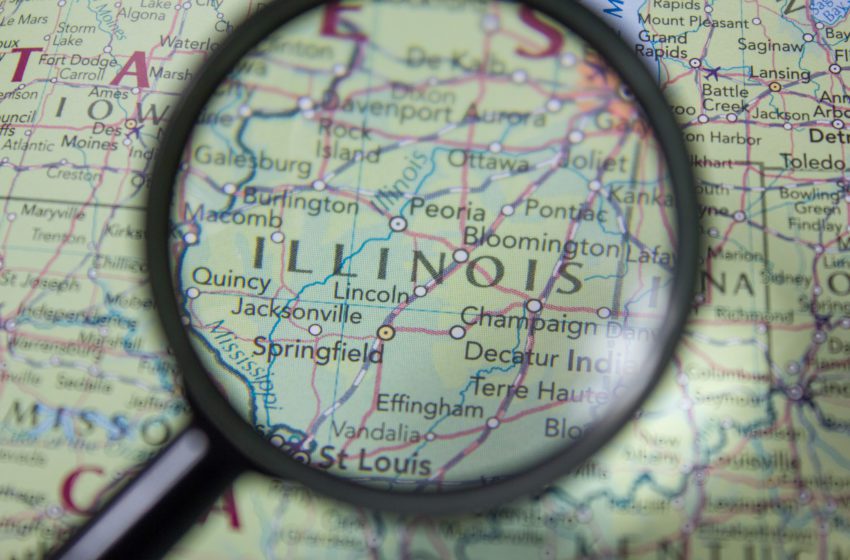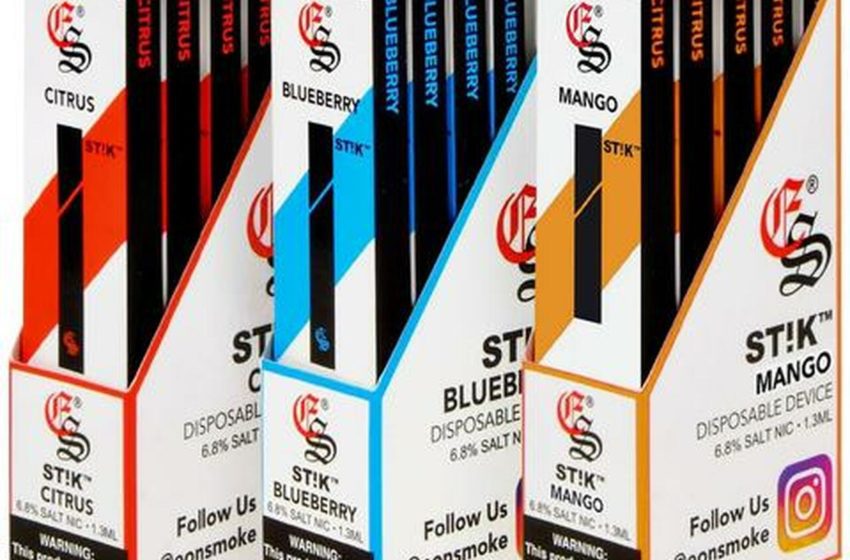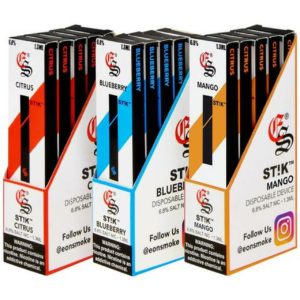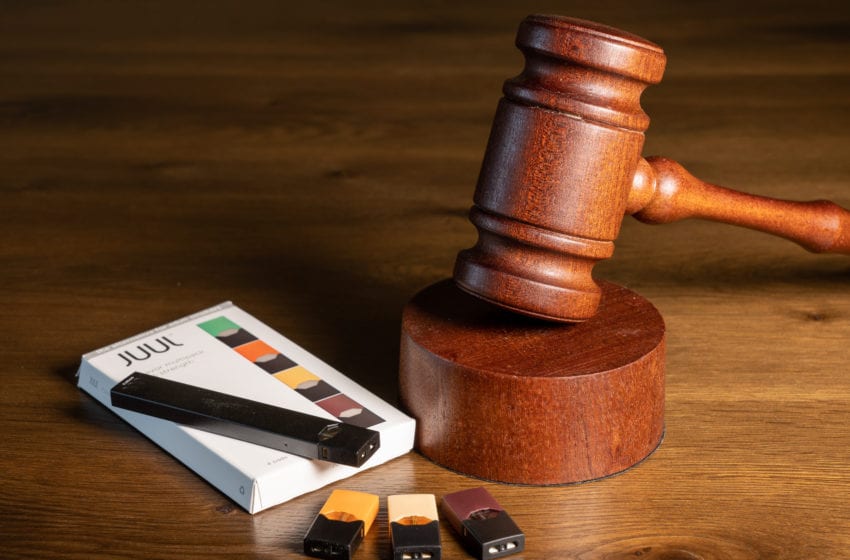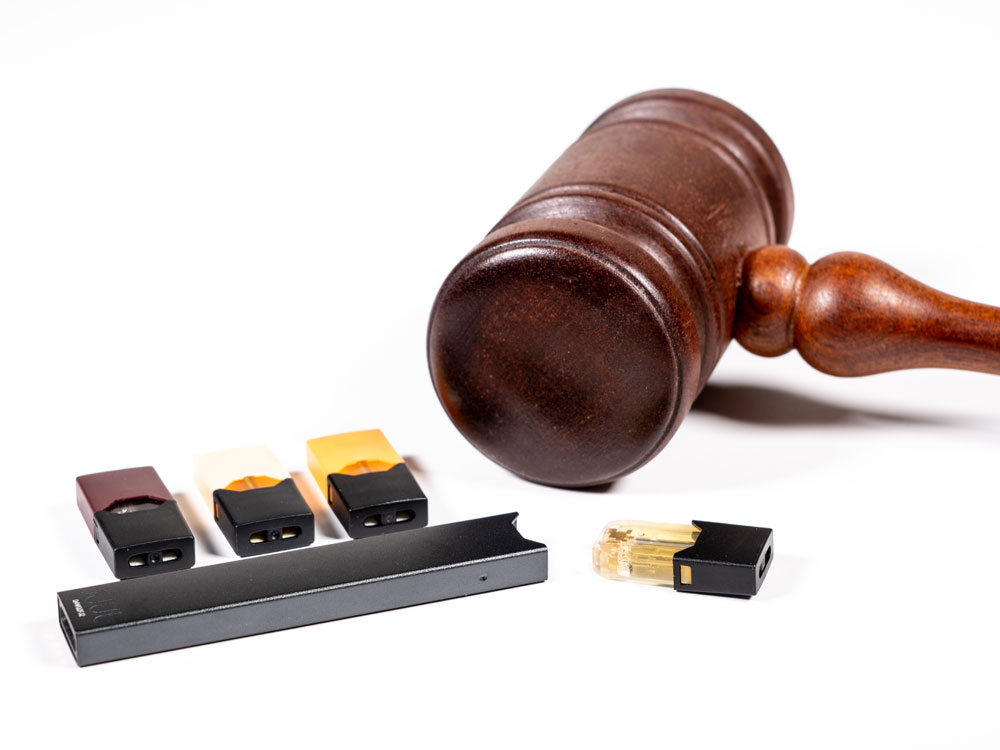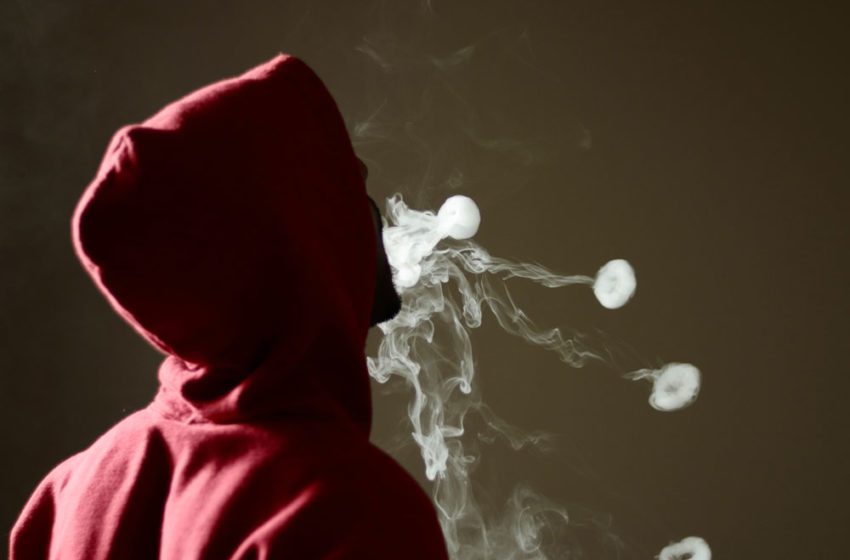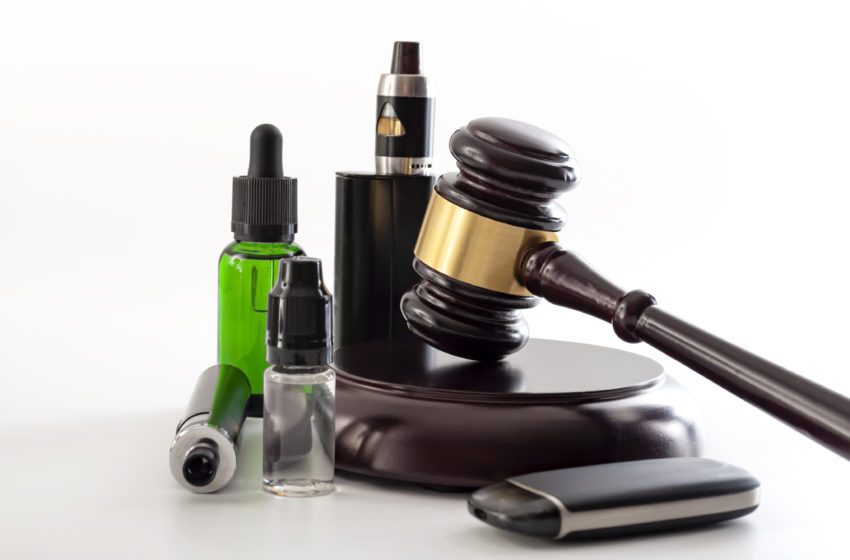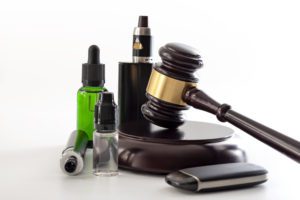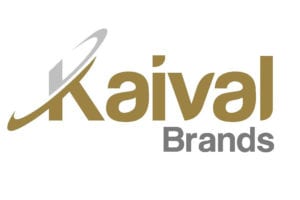 The U.S. Court of Appeals for the Eleventh Circuit has stayed the marketing denial order (MDO) issued by the U.S. Food and Drug Administration to Bidi Vapor in September 2021. The FDA had previously issued an administrative stay to Bidi Vapor, however, the agency rescinded that stay in December.
The U.S. Court of Appeals for the Eleventh Circuit has stayed the marketing denial order (MDO) issued by the U.S. Food and Drug Administration to Bidi Vapor in September 2021. The FDA had previously issued an administrative stay to Bidi Vapor, however, the agency rescinded that stay in December.
The Feb. 1, 2022, ruling allows Bidi Vapor and Kaival Brands to market and sell all of its Bidi Stick electronic nicotine-delivery systems (ENDS), including its tobacco, menthol and flavored products, while Bidi Vapor continues with its merits lawsuit compelling the FDA to place Bidi Vapor’s premarket tobacco product application (PMTA) for the flavored ENDS back under scientific review.
With the judicial stay decision going in favor of Bidi Vapor, the company expects many distribution partners to reestablish their previous sales volumes, with potentially new distribution chains added as well.
“We expect this judicial stay will result in a rebounding of Bidi Stick sales,” said Niraj Patel, president and CEO of both Kaival Brands and Bidi Vapor, in a statement. “Many wholesale and retail partners had discontinued or slowed purchases of the Bidi Stick until we heard back from the courts on the likelihood of our merits case succeeding. This is what our wholesale and retail partners have been waiting for.”
“We believe that Bidi Vapor has developed substantial, robust and reliable scientific evidence through, among other things, surveys, behavioral studies and clinical trials establishing support that the product is appropriate for the protection of the public health,” Patel said. “Following on FDA’s initial administrative stay of the MDO, we believe that this recent judicial stay is a good indication that the court finds some merit in Bidi Vapor’s arguments and puts Bidi Vapor’s PMTA one step closer to being properly and fully evaluated by FDA. We are extremely pleased with the court’s decision on this judicial stay order and continue to expect to be successful on the merits case as well.”
“The company believes that this decision signals a new milestone in the path toward providing adult smokers 21 and older with a viable alternative to combustible cigarettes. Distributors, wholesalers, retailers and adult consumers are all anxious to see positive outcomes not just for Bidi Vapor, but for the vaping industry as a whole. We believe in science-based regulation of ENDS and hope the courts will require FDA to adhere to the law as it reviews Bidi Vapor’s PMTAs,” Patel said.






